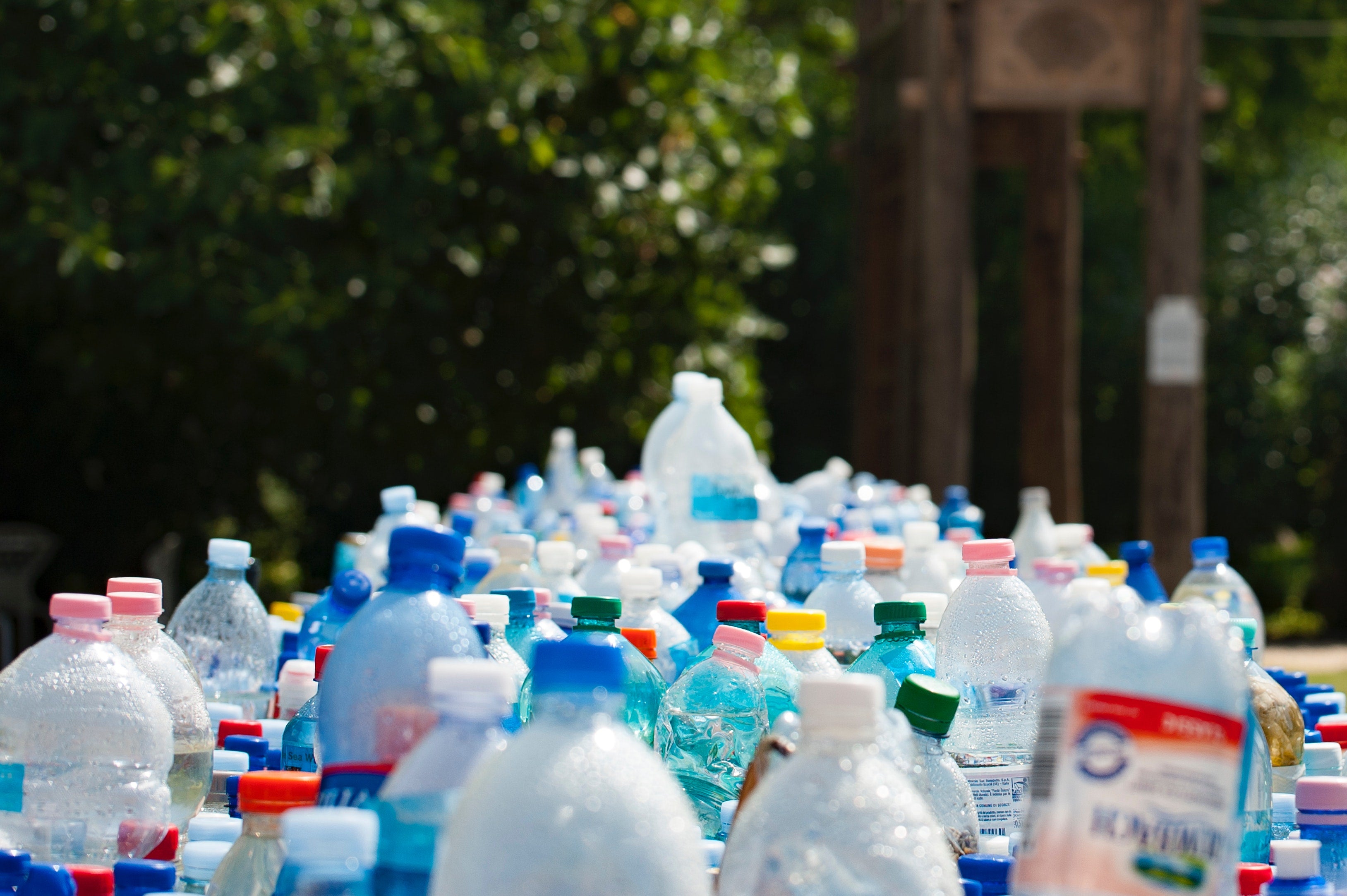Your go-to plastic water bottle, a companion for daily hydration, may have a hidden side effect when exposed to sunlight. Most bottles, typically made of polyethylene terephthalate (PET), are generally considered safe for water use, with a stamped number 1 indicating their composition. However, the dark side emerges when these bottles encounter the sun's UV rays.
While PET bottles have lower chemical residues compared to other plastics, their vulnerability to UV radiation, elevated temperatures, and humidity is concerning. Sunlight can break down PET, leading to the rapid decomposition of the plastic. Plastics Today notes, "PET is sensitive to UV light, especially at elevated temperatures, under high humidity, and in the presence of oxygen—all of which are present when PET bottles are exposed to the weather."
This degradation process results in the release of various chemicals, including 1,2-ethanediol monobenzoate, terephthalic acid, and others. Although the science on the health impacts of these chemicals is not entirely clear, there are suggestions of potential links to hormone disruption, cancer, and organ irritation.
Antimony, a heavy metal used in PET production and known to cause cancer, has been detected in beverages stored in plastic bottles. According to Defend Our Health, 40% of tested beverages, including popular brands, had antimony levels surpassing California's public health goal for drinking water.
Experts caution against prolonged exposure of PET bottles to sunlight and heat. Glass or alternative materials are recommended whenever possible. If opting for plastic, cover and keep bottles cool when outdoors, and avoid leaving them in hot cars. It's essential to note that flavored drinks may mask any plastic taste, potentially obscuring signs of degradation.
In conclusion, while the convenience of PET bottles is undeniable, awareness of potential health risks from sunlight exposure is crucial. Exploring alternative materials and adopting proper storage practices can help ensure your water remains refreshing and free from the potential harmful effects of sunlight-induced plastic breakdown.
Source: Food Safety News - The dark effects of the sun on plastic drinking bottles















